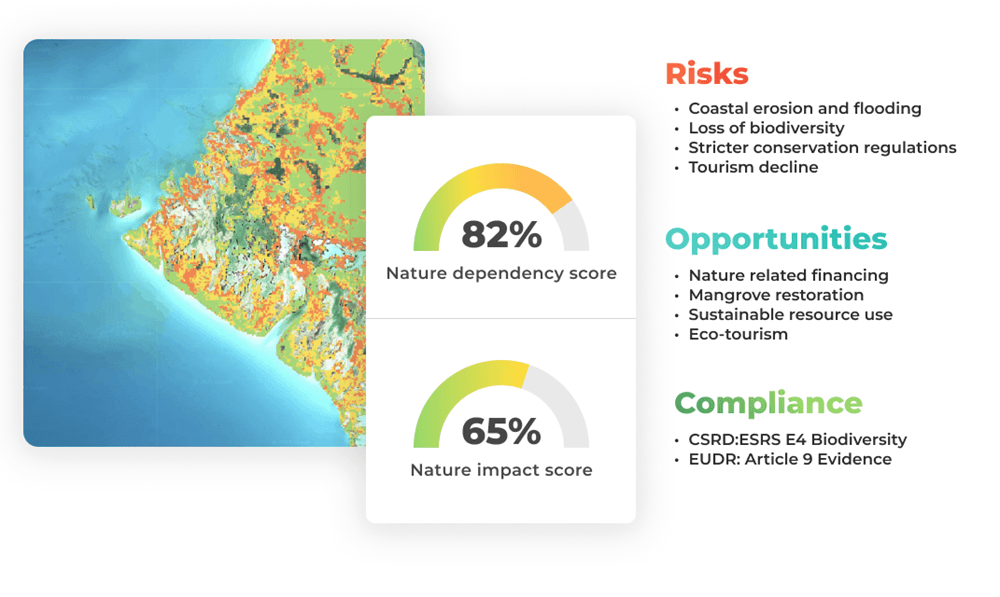
Singapore ranked second in the world, as 21 economies from Asia & the Pacific feature in top 114 countries of NRI 2023
Singapore is the most network-ready economy within the Asia & Pacific region, and ranks second overall in the Network Readiness Index (NRI) 2023, published today. The Republic of Korea (7th) and Japan (13th) came in second and third place for the region respectively, with this year’s report featuring 21 economies from the region.
Japan and Australia (14th) are praised for sector-wide digital adoption and governance, respectively, with the broader region exceeding expectations through technology excellence and rapid digital transformation. A cluster of economies, including Malaysia (40th), Thailand (42nd), Viet Nam (56th) and Indonesia (59th) are closing the gap between high-income and middle-income economies, performing above their expected levels of development in two or more pillars of digital readiness. India (60th) continues to show a high concentration of AI talent and strong investment in technology. .. The Philippines (69th) emerges among the region’s biggest movers for the second consecutive year, reflective of its high levels of ICT usage by individuals and generating notable economic impact as a result of its participation in the network economy.
The NRI, published by Portulans Institute and Saïd Business School, University of Oxford, provides a robust framework for assessing the impact of Information Communication & Technology (ICT) on society and the development of nations. It evaluates 134 economies based on 58 indicators across four dimensions of digital readiness – technology, people, governance, and impact – providing meaningful insight for business leaders and policymakers.
This year’s report, titled ‘Trust in a Network Society: A crisis of the digital age?’, draws attention to the potential for a serious crisis in public trust in the internet and related technologies in an increasingly interconnected world.
Five further countries are included in the top 50; alongside Singapore, Republic of Korea, Japan, Australia and China; New Zealand in 23rd, Hong Kong 25th, Malaysia 40th and Thailand in 42nd. Singapore, which retains last year’s second placed position, emerges as the global leader in the Impact pillar, showing significant leadership in high-tech and medium-high-tech manufacturing and high-tech exports. The Republic of Korea continues to dominate in the People category, leading across all three sub pillars: Individuals, Business and Governments.
Soumitra Dutta, co-editor of the NRI and Peter Moores Dean at Saïd Business School, said:
‘In Asia and the Pacific, network readiness is defined by the balance between dominant players like Singapore and South Korea, and emerging innovators like India and China. The region’s growth is pushed forward by its technology excellence, innovation, and rapid digital adoption.’
Globally, the US secured the top spot for the second year in a row, and Finland surged by four places to secure 3rd from 7th last year. The Netherlands and Sweden have ranked 4th and 5th, respectively.
Switzerland ranked 6th (down from 5th in NRI 2022) in this year’s NRI, Republic of Korea achieved 7th place (up from 9th), Denmark placed 8th (down from 6th), Germany dropped to 9th place, (down one), and the U.K. ranked 10th.
Among the top 25 countries, 16 are from Europe, five are from Eastern and Southeastern Asia (including Singapore, the Republic of Korea, China, Hong Kong, and Japan), two come from Oceania (Australia and New Zealand), and two are from North America (Canada and the United States).
The NRI 2023 publishes at a time characterised by dramatic technological advancement, and captures the readiness of 134 economies to capitalize on this widespread change.
Reflecting on this year’s NRI, Bruno Lanvin, co-editor of NRI, said:
‘You cannot improve what you cannot measure. But can you improve anything that remains imperfectly defined? As our digital world continues to evolve and shape before us, policy makers, investors, analysts, academics and ordinary citizens are often expected to make fast decisions and articulate sound assessments about rapidly changing trends and practices. The need for fact-based and quantifiable descriptions of our network societies has never been so urgent. This is an area in which, for several decades, NRI has been trying to inform the choices to be made by business, government and civil society.’
The regional leaders for NRI 2023 include Kenya, United Arab Emirates, Singapore, the Russian Federation, Finland, and the United States. Overall, these regional trends in the NRI 2023 highlight the varying levels of progress and challenges faced by economies across the different parts of the world as their journey towards digital readiness and network capabilities continues.


